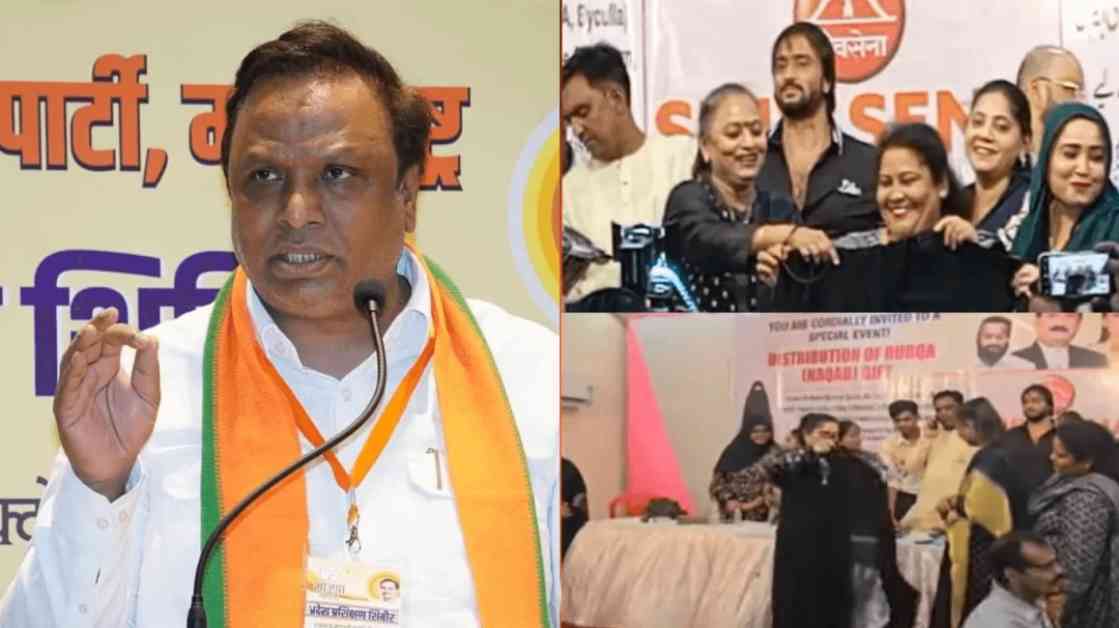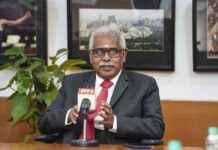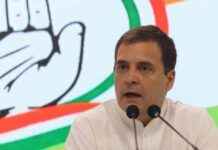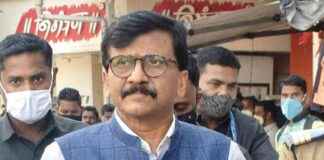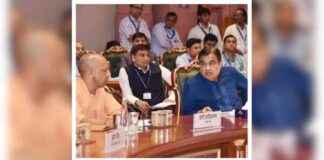The Maha Vikas Aghadi emerged victorious in the recent Lok Sabha elections in Mumbai and Maharashtra, with the Shiv Sena (UBT) faction benefiting from the support of the Muslim community. This success has sparked criticism from the BJP and the Shinde faction, who have alleged that Uddhav Thackeray’s MPs were elected on the strength of Muslim votes. Despite these accusations, it appears that the Shinde group is also attempting to appeal to Muslim voters, as evidenced by Byculla MLA Yamini Jadhav’s recent initiative to distribute burqas to Muslim women.
Yamini Jadhav, who faced defeat in the Lok Sabha elections against Arvind Sawant by 52 thousand votes, is now focusing on the upcoming assembly elections. With the aim of garnering support from the Muslim community in her constituency, Jadhav organized a program to distribute burqas. However, this move has faced criticism from allies, particularly the BJP. Mumbai BJP President MLA Ashish Shelar expressed his disapproval of the program, stating that initiatives like burqa distribution are not acceptable to the BJP.
In response to the backlash, Yamini Jadhav defended her actions by emphasizing the importance of catering to the needs of all communities in her constituency. She highlighted that nearly 50 percent of the population in her area is Muslim, and it is essential to address their concerns and engage with them. Jadhav drew parallels between distributing gifts to Hindu families during Diwali and providing burqas to Muslim women, asserting that it is crucial to show equal consideration to all communities.
The distribution of burqas by Yamini Jadhav has not only stirred controversy within the political landscape but has also raised questions about the intersection of identity, politics, and community outreach. This incident sheds light on the complexities of electoral strategies and the delicate balance that politicians must maintain between appealing to different segments of society while staying true to their party’s ideology.
BJP’s Criticism of the Burqa Distribution Program
Ashish Shelar’s criticism of Yamini Jadhav’s burqa distribution program reflects the BJP’s stance on identity politics and community-specific initiatives. By denouncing the program as unacceptable to the BJP, Shelar underscores the party’s emphasis on inclusive development and governance that transcends religious or cultural boundaries. The BJP’s opposition to such targeted programs highlights the party’s commitment to a unified vision of progress that does not rely on divisive tactics or pandering to specific groups.
Shelar’s comments also raise questions about the role of identity in politics and the implications of targeting specific communities for electoral gain. While politicians often engage in outreach efforts to connect with different demographics, the distribution of religious attire like burqas can be seen as a controversial and potentially polarizing tactic. The BJP’s disapproval of such initiatives signals a broader debate within the political arena about the boundaries of community engagement and the ethical considerations of leveraging identity for political purposes.
Shiv Sena’s Response and Criticism of Mahayuti
Following Yamini Jadhav’s burqa distribution event, the Shiv Sena (UBT) group criticized the Mahayuti alliance, highlighting the tensions and disagreements within the coalition. The criticism from Shiv Sena underscores the divergent approaches and strategies employed by different factions within the alliance, as well as the challenges of maintaining unity and cohesion in a diverse political landscape.
The rift within the Mahayuti alliance over the burqa distribution program reflects broader tensions and conflicts within the political sphere, where competing interests and priorities can create divisions and discord. The Shiv Sena’s criticism of the program further complicates the relationship between the alliance members, raising questions about the sustainability and viability of the coalition in the long run.
The controversy surrounding Yamini Jadhav’s initiative to distribute burqas highlights the complexities of identity politics and community outreach in the context of electoral campaigns. As politicians navigate the intricacies of engaging with diverse populations and addressing their needs, they must carefully consider the implications of their actions and the potential repercussions of targeting specific communities for electoral gain. By examining the criticisms and responses to the burqa distribution program, we gain insights into the dynamics of politics, identity, and representation in contemporary society.
In conclusion, the criticism by BJP’s Ashish Shelar on Shiv Sena’s Yamini Jadhav for her burqa distribution program underscores the complexities and challenges of identity politics in the electoral arena. As politicians grapple with the tensions between community outreach and inclusive governance, they must navigate the delicate balance between appealing to different demographics and upholding their party’s principles. The controversy surrounding Jadhav’s initiative sheds light on the nuances of electoral strategies and the ethical considerations of leveraging identity for political gain. By examining the various perspectives and responses to the burqa distribution program, we gain valuable insights into the intersection of politics, identity, and community engagement in the contemporary political landscape.
